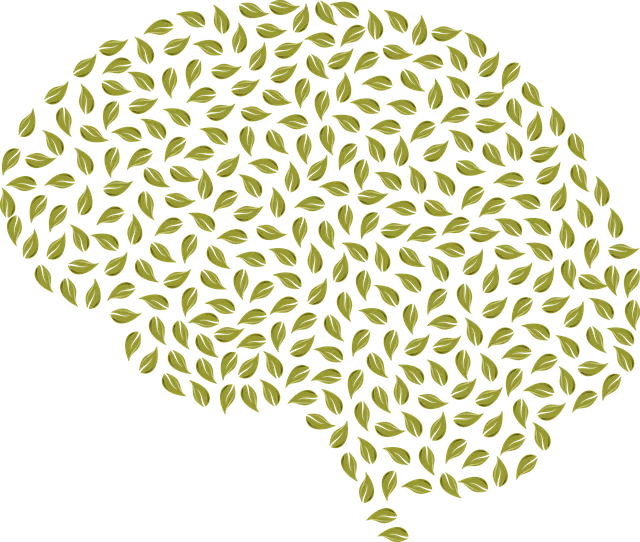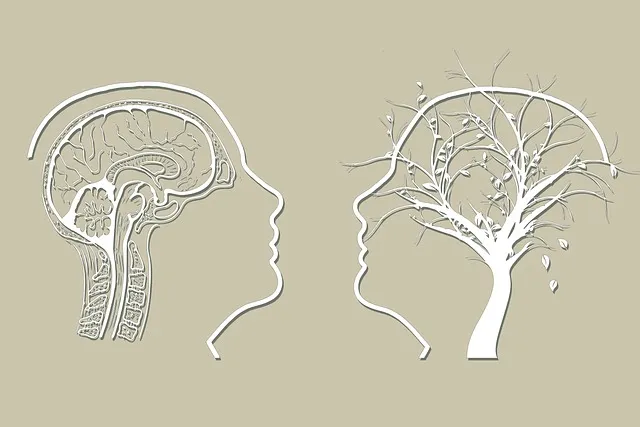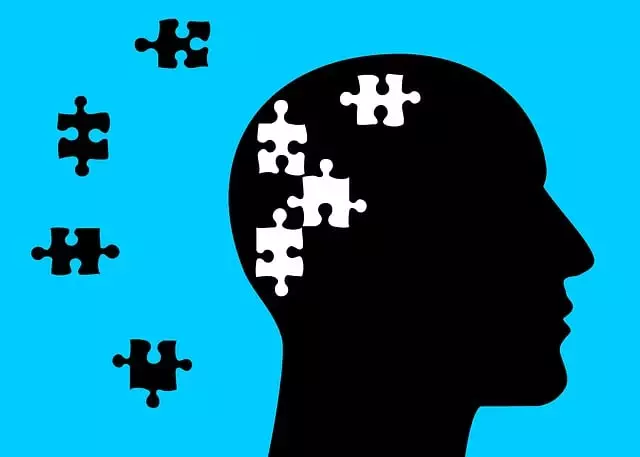In today's digital era, self-assessment tools like the Golden Kaiser Permanente mental health department number are crucial for managing mental wellness. These tools empower individuals with self-awareness and personalized self-care routines, using technology to provide accessible resources and crisis intervention guidance. The Golden Kaiser Permanente department stands out for its innovative approach, integrating conflict resolution, inner strength development, and risk assessment. Effective self-assessment strategies should focus on diverse user needs, cultural sensitivity, and evidence-based practices, while evaluation should go beyond standard metrics, considering long-term mood management improvements and mental healthcare policy analysis.
Mental wellness self-assessment tools have become increasingly vital in addressing the growing global mental health crisis. This article explores the development of such tools, focusing on the successful implementation by the Golden Kaiser Permanente Mental Health Department, which has seen remarkable outcomes. We delve into the role of digital technology, discussing its impact on promoting mental wellness and highlighting key considerations for effective tool creation. Additionally, we present implementation and evaluation strategies to enhance access to mental health support.
- Understanding the Need for Self-Assessment Tools in Mental Health
- The Role of Digital Technology in Promoting Mental Wellness
- Golden Kaiser Permanente Mental Health Department: A Case Study
- Developing Effective Self-Assessment Tools: Key Considerations
- Implementation and Evaluation Strategies for Enhanced Mental Wellness
Understanding the Need for Self-Assessment Tools in Mental Health

In today’s fast-paced world, individuals often face numerous stressors and challenges that can significantly impact their mental wellness. This is where self-assessment tools prove invaluable in the realm of mental health care. Similar to how the Golden Kaiser Permanente mental health department number serves as a crucial resource for direct support, self-assessment tools empower people to take an active role in understanding and managing their own mental well-being. By providing individuals with the means to assess their current state, these tools foster self-awareness, enabling them to identify areas of concern and make informed decisions about their mental health journey.
Self-care is not just a trend; it’s a vital strategy for burnout prevention. Confidence boosting and developing a consistent self-care routine are key aspects that these assessments often touch upon. They offer personalized insights, guiding users towards strategies tailored to their unique needs. Whether it’s recognizing early signs of stress or learning effective coping mechanisms, these tools play a pivotal role in promoting better mental health outcomes, ensuring individuals feel equipped to navigate life’s challenges with resilience and self-compassion.
The Role of Digital Technology in Promoting Mental Wellness

In today’s digital era, technology has become a powerful tool for promoting mental wellness and supporting individuals’ well-being. Online platforms and mobile applications designed to cater to mental health needs have gained significant traction, offering accessible resources that were once limited to traditional therapy settings. These digital tools empower users by providing self-assessment options, crisis intervention guidance, and a wide array of therapeutic techniques readily available at their fingertips. The Golden Kaiser Permanente mental health department number, for instance, has been instrumental in connecting individuals with professional support, ensuring timely access to care.
By leveraging technology, such as mobile apps and online communities, users can engage in activities that foster mindfulness, promote self-care, and enhance overall mental resilience. These platforms often incorporate interactive features, like guided meditations, mood tracking tools, and confidence-boosting exercises, which are grounded in evidence-based practices. The integration of digital technology into mental health care not only reaches a broader audience but also offers personalized experiences, allowing individuals to take control of their well-being and cultivate a healthier mindset.
Golden Kaiser Permanente Mental Health Department: A Case Study

The Golden Kaiser Permanente Mental Health Department serves as a remarkable case study in innovative mental wellness self-assessment tool development. Recognizing the importance of proactive mental health management, this department has made significant strides in creating comprehensive assessment tools that cater to diverse patient needs. By integrating advanced technologies and evidence-based practices, they’ve developed solutions that not only improve accuracy but also enhance patient engagement.
Their approach emphasizes both the Conflict Resolution Techniques and Inner Strength Development, ensuring that the assessments are holistic and empowering. Furthermore, the department prioritizes Risk Assessment for Mental Health Professionals, implementing rigorous protocols to guarantee safe and effective interventions. This case study exemplifies how forward-thinking organizations can lead the way in transforming mental wellness assessment practices, ultimately contributing to better patient outcomes.
Developing Effective Self-Assessment Tools: Key Considerations

Developing effective self-assessment tools is a crucial step in promoting mental wellness, and several key considerations come into play. These tools should be designed to foster self-awareness, enabling individuals to accurately identify their emotional states and mental health patterns. One effective approach involves integrating elements from the Golden Kaiser Permanente mental health department’s evidence-based practices, tailoring them to suit diverse user needs. This may include incorporating aspects of Self-Care Routine Development for Better Mental Health, as these routines can significantly impact an individual’s overall well-being.
Community Outreach Program Implementation can also enhance self-assessment by providing a support network and promoting the importance of seeking help. Additionally, integrating Self-Awareness Exercises within these tools encourages users to reflect on their thoughts, feelings, and behaviors, fostering a deeper understanding of their mental health status. By combining these strategies, developers can create comprehensive and impactful self-assessment tools that empower individuals to take charge of their mental wellness.
Implementation and Evaluation Strategies for Enhanced Mental Wellness

The successful implementation and evaluation of mental wellness self-assessment tools are pivotal for enhancing the effectiveness of mental healthcare services. To ensure these tools resonate with diverse populations, it’s essential to integrate Cultural Sensitivity in Mental Healthcare Practice. This involves tailoring assessments to account for cultural nuances, ensuring they are accessible and relevant to users from various backgrounds. For instance, considering the Golden Kaiser Permanente mental health department number as a reference point, healthcare providers can design tools that cater to specific communities, reflecting their unique challenges and strengths.
Evaluation strategies should go beyond traditional metrics, incorporating user feedback and measuring the impact on Mood Management. This could involve tracking changes in emotional well-being, stress levels, and overall mental health status over time. Moreover, integrating Mental Health Policy Analysis and Advocacy into the evaluation process can help identify gaps in current policies and services, ensuring that self-assessment tools contribute to broader systemic improvements in mental healthcare accessibility and quality.
The development of self-assessment tools for mental wellness is a vital step towards empowering individuals to take charge of their mental health. As evidenced by the success of the Golden Kaiser Permanente Mental Health Department, integrating digital technology into these tools can significantly enhance accessibility and engagement. By learning from this case study and considering key factors like user-friendliness and evidence-based practices, we can create effective self-assessment platforms that support mental wellness on a broader scale, potentially reaching tens of thousands of individuals in need.






